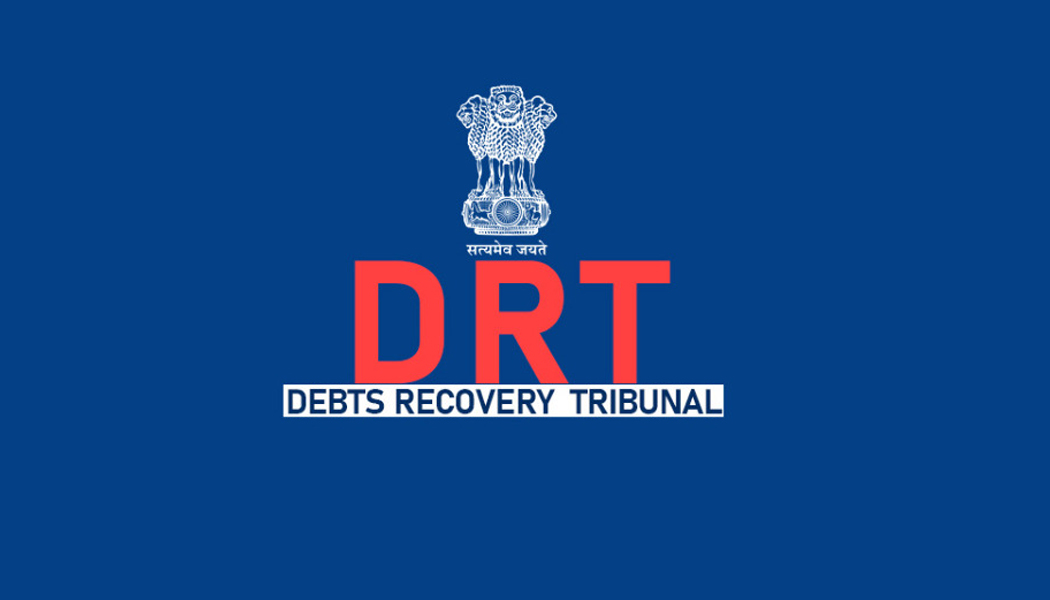
What is the procedure for filing a case before the DRT?
What is the procedure for filing a case before the DRT?
Filing a case before a Debts Recovery Tribunal (DRT) involves several steps and procedural requirements. Here’s a detailed overview of the procedure:
- Preparation of Application: The first step is to prepare the application for filing before the DRT. The application, known as a Original Application (OA), must contain all relevant details of the debt, particulars of the borrower, and the relief sought by the creditor (bank or financial institution). It should be accompanied by supporting documents such as loan agreements, promissory notes, and evidence of default.
- Jurisdiction Determination: Before filing the application, the creditor must ascertain the jurisdiction of the DRT. Each DRT has jurisdiction over a specified territorial area, and the application must be filed before the DRT having jurisdiction over the location where the cause of action arose or where the defendant (debtor) resides or carries on business.
- Payment of Fees: The creditor is required to pay the prescribed fees for filing the application before the DRT. The fee structure varies depending on the amount of debt sought to be recovered and other factors specified by the DRT.
- Submission of Application: Once the application is prepared and the jurisdiction determined, the creditor submits the original application along with the requisite number of copies to the Registrar of the concerned DRT. The application must be signed and verified by an authorized representative of the creditor.
- Service of Notice: Upon receipt of the application, the DRT issues notices to the parties involved, including the debtor (defendant). The debtor is served with a copy of the application and is given an opportunity to file a written statement or reply to the allegations made by the creditor.
- Filing of Written Statement: The debtor, upon receiving the notice, has the right to file a written statement or reply to the allegations within the specified time frame prescribed by the DRT. The written statement should address the claims made by the creditor and may include defenses or counterclaims raised by the debtor.
- Evidence and Hearing: Once the written statement is filed, the DRT conducts hearings to adjudicate the merits of the case. Both parties have the opportunity to present their evidence, call witnesses, and make submissions before the DRT. The proceedings are conducted in accordance with the principles of natural justice, ensuring a fair and impartial hearing for both parties.
- Issuance of Orders: Based on the evidence and arguments presented, the DRT passes appropriate orders for the recovery of the debt. These orders may include directions for the attachment and sale of the debtor’s property, issuance of recovery certificates, or any other relief deemed necessary by the DRT.
- Appeal: Parties aggrieved by the orders of the DRT have the right to appeal against the decision before the Debts Recovery Appellate Tribunal (DRAT) within the prescribed time frame. The appeal process involves filing a memorandum of appeal along with the necessary documents and fees before the DRAT.
- Enforcement of Orders: Once the orders of the DRT become final and conclusive, the creditor may proceed with the enforcement of the recovery orders through various means, including attachment and sale of the debtor’s assets, as directed by the DRT.
Overall, the procedure for filing a case before the DRT is governed by the rules and regulations prescribed under the Recovery of Debts Due to Banks and Financial Institutions Act, 1993 (RDDBFI Act) and the rules framed by the concerned DRT. It is essential for creditors to adhere to the procedural requirements and timelines prescribed by the DRT to ensure the effective resolution of debt recovery disputes.
Disclaimer: This information is intended for general guidance only and does not constitute legal advice. Please consult with a qualified lawyer for personalized advice specific to your situation
Adcocate J.S. Rohilla (Civil & Criminal Lawyer in Indore)
Contact: 88271 22304
